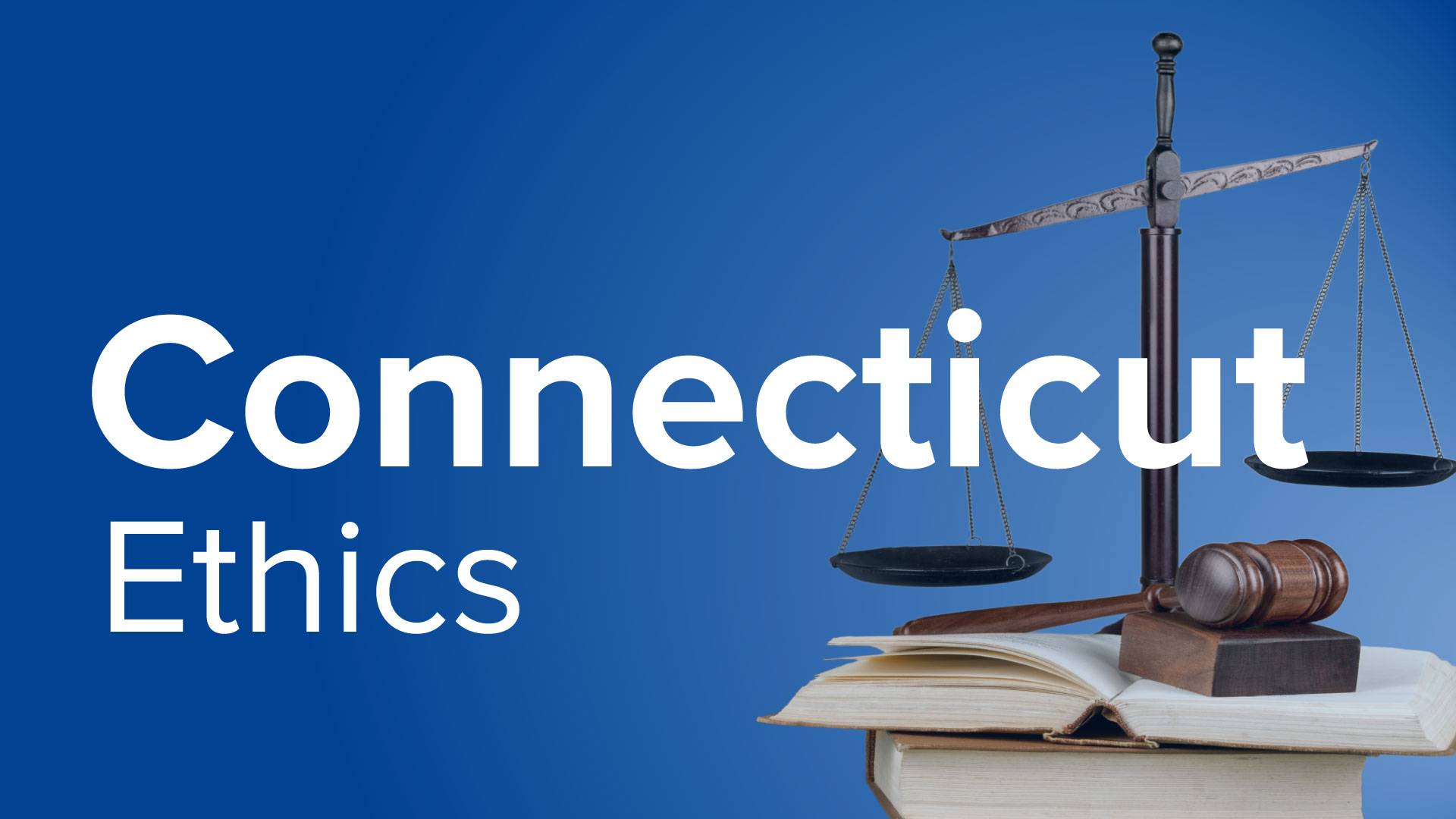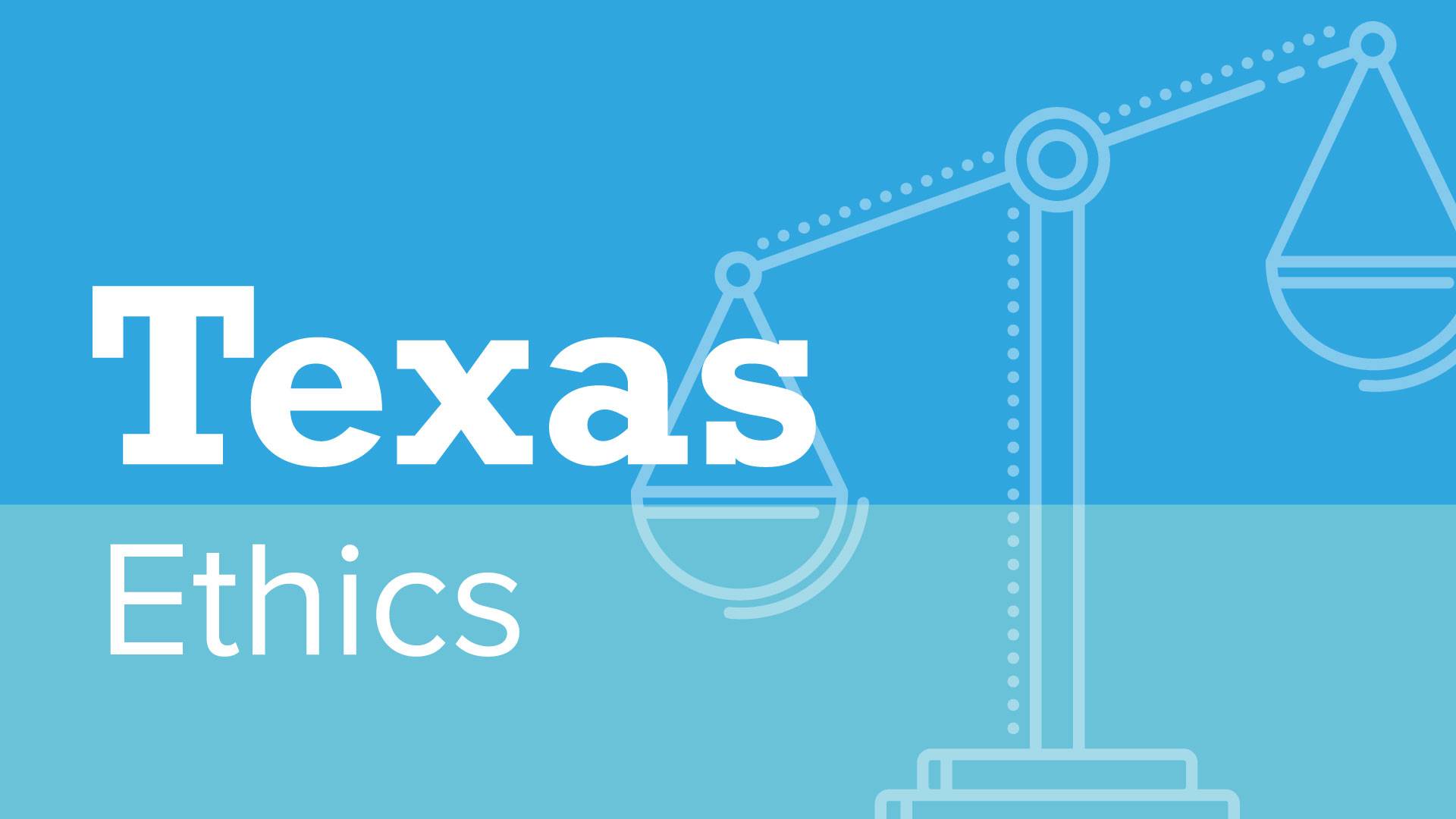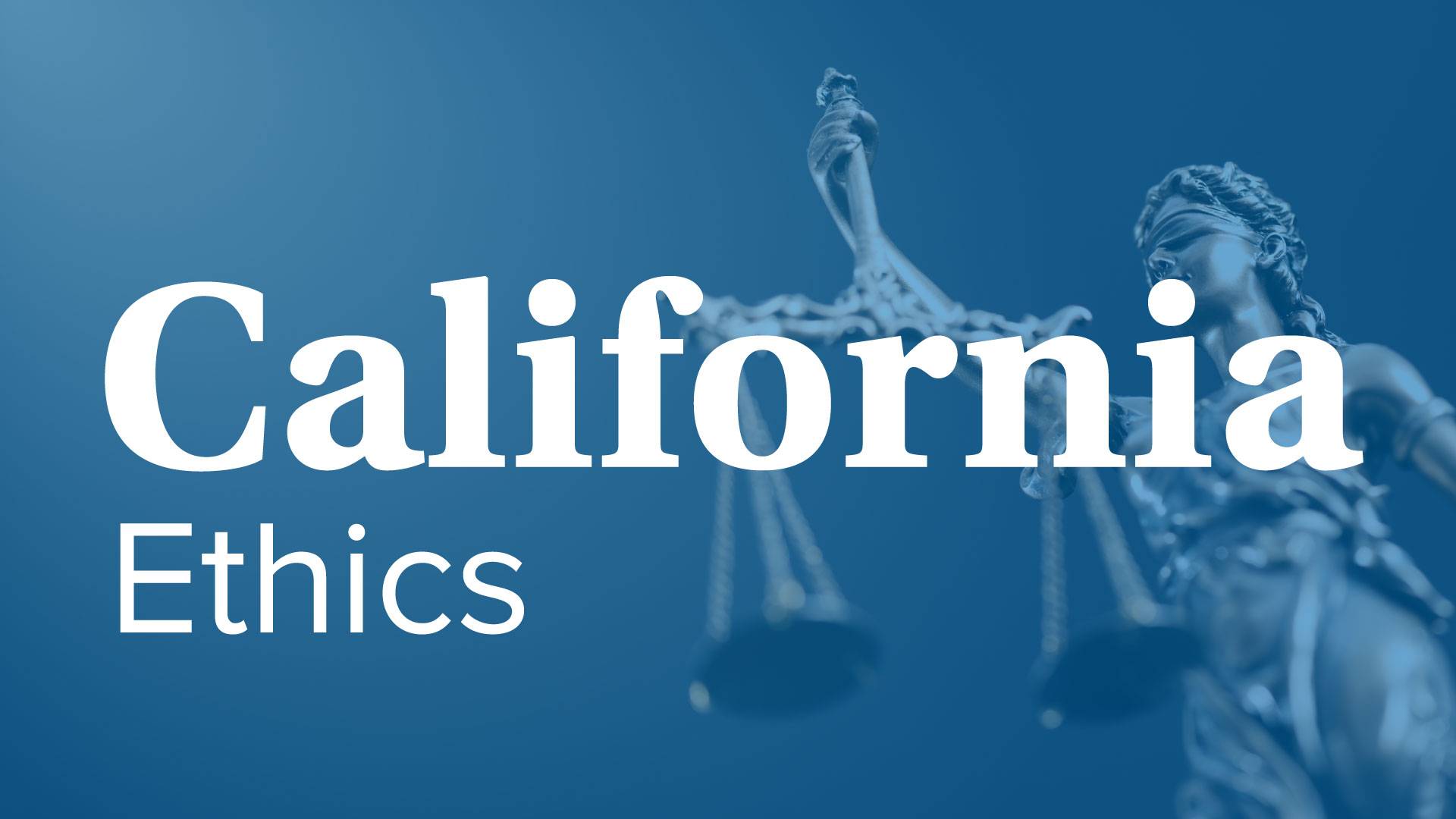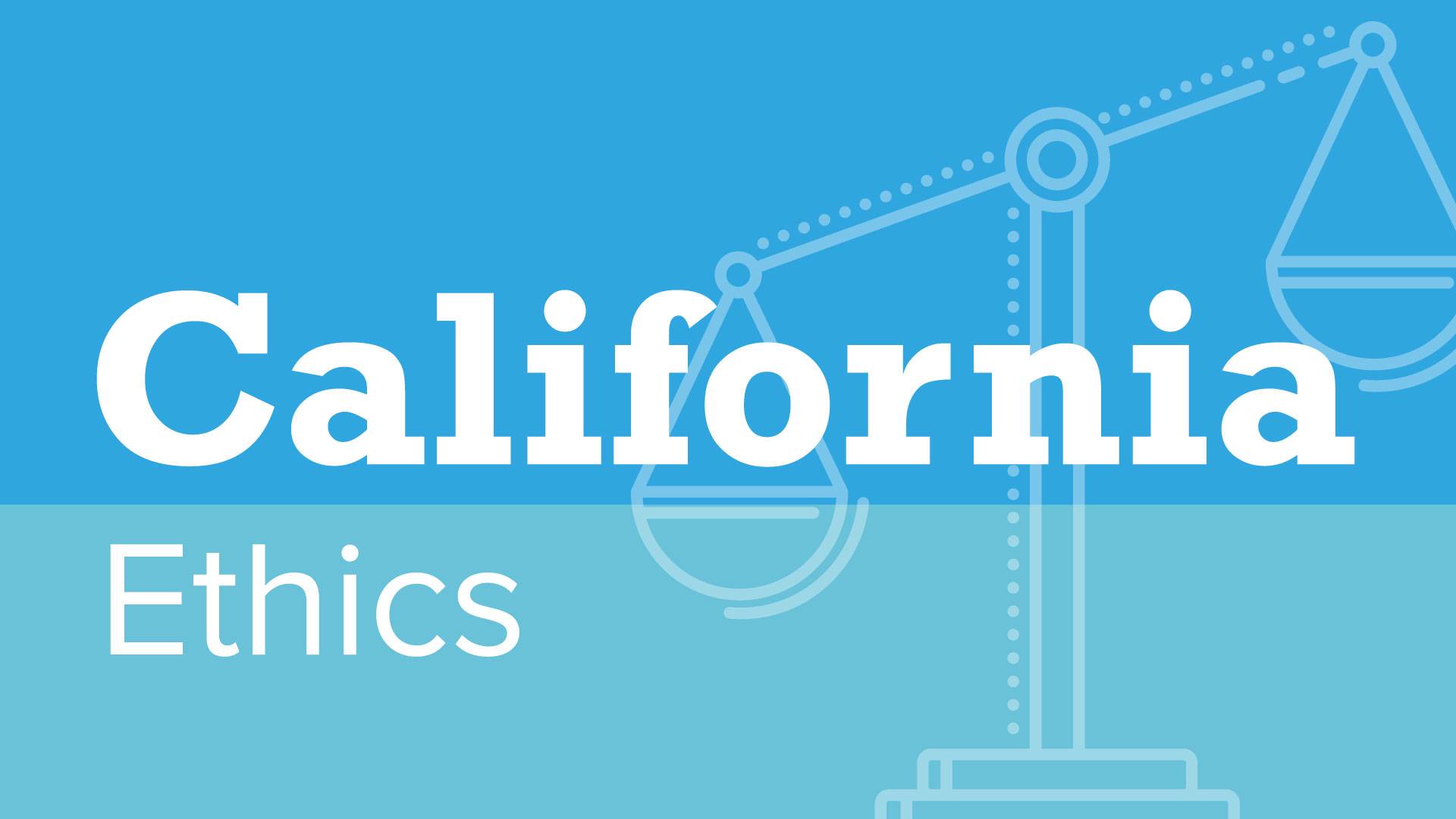Self-Study
Accountant Ethics for Connecticut
Review the AICPA Code of Professional Conduct and the state-specific ethics requirements of Connecticut.

$116.00 – $136.00
Webcasts are available for viewing Monday – Saturday, 8am – 8pm ET.
Without FlexCast, you must start with enough time to finish. (1 Hr/Credit)
Please fill out the form below and we will reach out as soon as possible.
CPE Credits
4 Credits: Regulatory Ethics
Course Level
Overview
Format
Self-Study
Course Description
This Connecticut ethics CPE course explores the AICPA Code of Professional Conduct and the Connecticut State Board of Accountancy rules and regulations. Our CPA ethics course pays particular attention to the Connecticut rules governing public accountants and firms, as well as the licensing provisions for registration of public accountancy. Examples are used throughout the CPE ethics course to illustrate various ethics and regulatory concepts.
Learning Objectives
Upon successful completion of this course, participants will be able to:
- Describe the different principles contained within the AICPA Code of Professional Conduct.
- Specify the different types of harassment.
- Describe the types of discreditable acts stated in the AICPA Code of Professional Conduct.
- Explain the accountant’s obligations related to the release of confidential information.
- Specify the policies that may apply to the release of confidential information.
- Identify the characteristics of false or misleading promotional efforts.
- Describe the obligations of the accountant in relation to the delivery of records to a client.
- Specify the obligations of the accountant in regard to conflicts of interest.
- Describe the different types of threats to an accountant’s ability to comply with the AICPA Code of Professional Conduct.
- Specify the differences between deontology and consequentialism.
- Explain how the difference principle can be applied to real-world situations.
- Recall the requirements for a quality review in Connecticut.
- Specify the circumstances triggering a license revocation or suspension in Connecticut.
- State the requirements to be granted a permit to practice public accountancy in Connecticut.
- Specify the requirements for the reissuance of a CPA license in Connecticut.
- Identify the rules relating to the disclosure of confidential client information in Connecticut.
- Recall the rules regarding the treatment of records and working papers in Connecticut.
Course Specifics
SS424373300
September 19, 2024
There are no prerequisites.
None
88
Compliance Information
CFP Notice: Not all courses that qualify for CFP® credit are registered by Western CPE. If a course does not have a CFP registration number in the compliance section, the continuing education will need to be individually reported with the CFP Board. For more information on the reporting process, required documentation, processing fee, etc., contact the CFP Board. CFP Professionals must take each course in it’s entirety, the CFP Board DOES NOT accept partial credits for courses.
Meet The Experts

Steven M. Bragg, CPA, is a full-time book and course author who has written more than 300 business books and courses. He provides Western CPE with self-study courses in the areas of accounting and finance, with an emphasis on the practical application of accounting standards and management techniques. A sampling of his courses include the The New Controller Guidebook, The GAAP Guidebook, Accountants’ Guidebook, and Closing the Books: An Accountant’s Guide. He also manages the Accounting Best Practices podcast. Steven has been the CFO or controller of both public and private companies and has been a consulting manager with Ernst & Young and …
Related Courses
-
 Regulatory Ethics
Regulatory Ethics
Ethics and Professional Conduct for Texas CPAs
Joseph Helstrom, CPA QAS Self-Study
Credits: 4 $116.00
QAS Self-Study
Credits: 4 $116.00$116.00 – $136.00
-
 Regulatory Ethics
Regulatory Ethics
California Regulatory Review
Delta CPE LLC QAS Self-Study
Credits: 2 $58.00
QAS Self-Study
Credits: 2 $58.00$58.00 – $78.00
-
 Regulatory Ethics
Regulatory Ethics
Ethics and Professional Conduct for California CPAs
Patricia McCarthy, MBA & Joseph Helstrom, CPA QAS Self-Study
Credits: 4 $116.00
QAS Self-Study
Credits: 4 $116.00$116.00 – $136.00
